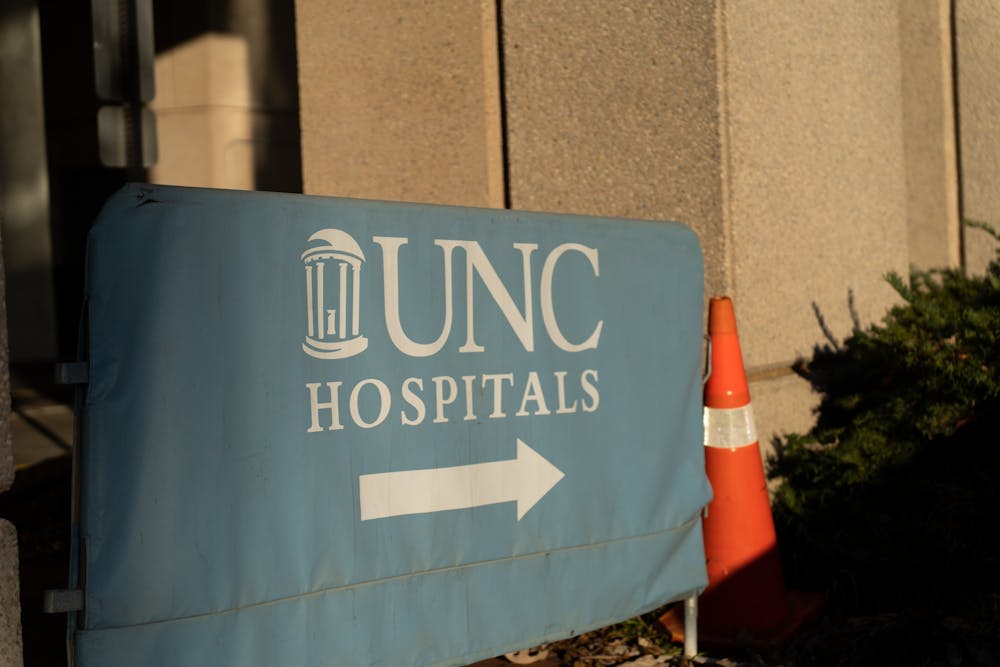UNC-Chapel Hill and UNC Hospitals were recently selected as a Regional Emerging Special Pathogen Treatment Center (RESPTC) by the U.S. Department of Health and Human Services' Administration for Strategic Preparedness and Response.
RESPTCs are special care units that treat serious, highly communicable infectious diseases such as ebola or monkeypox.
UNC was selected as one of three hospitals to add to the current 10 RESPTC hospitals across the United States. Before this new addition, the closest RESPTC was at Emory University in Atlanta.The two other new grants were awarded to hospitals in Washington, D.C., and Grand Rapids, Mich.
In years leading up to this announcement, UNC had been designated as an assessment hospital, where patients were isolated and cared for until being sent to a RESPTC.
With UNC’s recent grant, it can now provide treatment beyond preliminary care and assessment.
“This is going to elevate us to where we don’t have to ship anyone anywhere. We are a terminal hospital, medical center for taking care of these people. We would have the expertise, the equipment and everything in place to make sure this is totally something we can handle,” said Dr. David Wohl, professor of medicine in global health and infectious diseases at the UNC School of Medicine.
The UNC School of Medicine’s Dr. Wohl and Dr. William Fischer will lead the new center under the $3 million grant.
With the grant, the team will work to first provide training and education to staff, then establish a special intensive care unit and increase hospital capabilities.
“We do need to be prepared for not only ebola but other highly communicable diseases," said Dr. David Weber, professor of medicine, pediatrics and epidemiology at the UNC School of Medicine. "We’ve seen just most recently with monkeypox and COVID, they’re coming whether we’re prepared or not. It’s never a question of whether we see another outbreak or pandemic — it’s always a question of when we see it, not if we see it. So it's best to always be prepared.”



